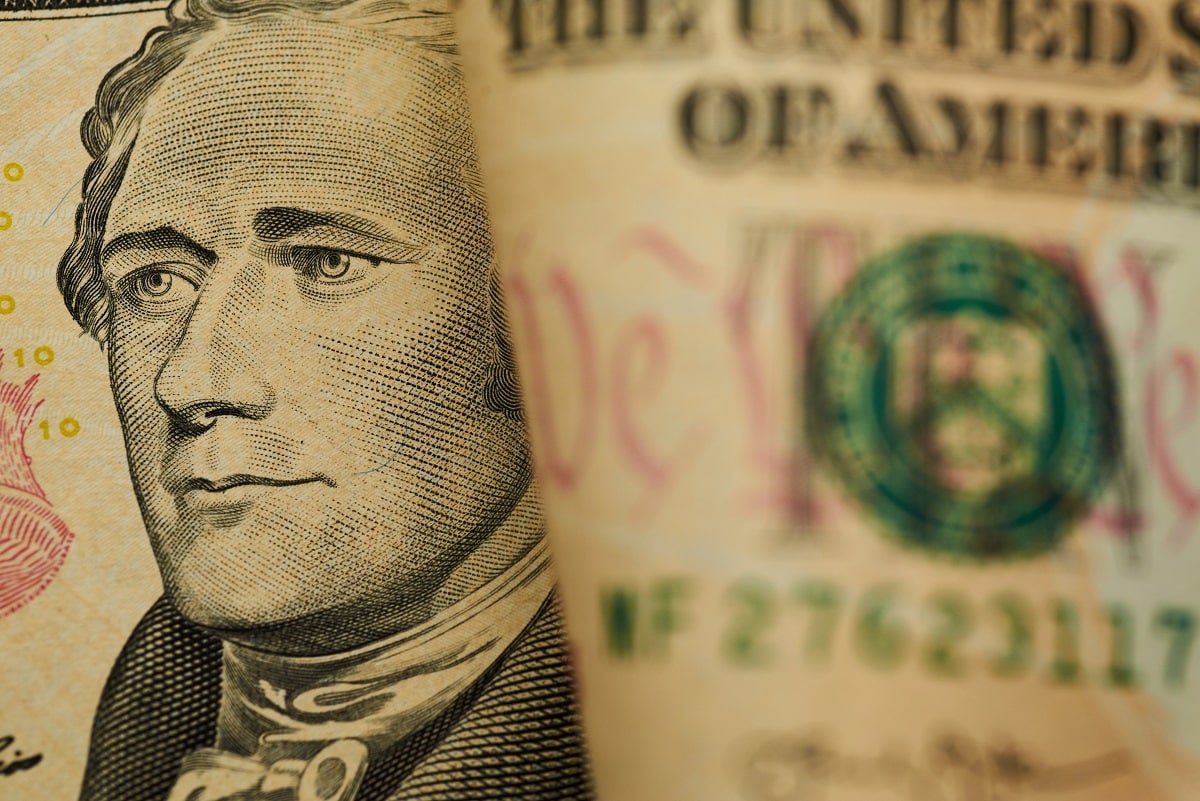Today’s encouraging consumer price numbers suggest that inflation has very likely peaked and will continue to come down in a sustained manner. However, they also suggest that progress on the inflation front all too likely will come at the expense of a hard economic landing. This is not least because of considerable economic weakness abroad and because in its quest to regain control over inflation the Fed likely will keep raising interest rates by 75 basis points even as the economy is weakening.
The main reason that headline inflation dropped from 9.1 percent in June to 8.5 percent in July was that gasoline and airline prices plummeted. It did so as international oil declined in response to the sharp deterioration in the world economic outlook. With Europe now on the cusp of an economic recession and with the Chinese economy screeching to a halt, it should be little wonder that international oil prices have now given up practically all of the sharp increase that followed Russia’s invasion of Ukraine in February this year.
In much the same way as in the first half of this year the 50 percent increase in international oil prices was a primary driver in inflation’s acceleration, now the abrupt decline in international oil prices will subtract from inflation and cause it to decelerate.
In the remainder of this year, there is every reason to think that international oil prices will continue their rapid retreat as the global economy continues to deteriorate. Europe could soon experience a full-blown recession should Vladimir Putin follow through on his threat to halt gas supplies to Germany and Italy this winter and should Italian elections heighten political uncertainty in that country. The Chinese economy is more than likely to stumble as that country grapples with its deep-seated property market troubles, as President Xi continues with his zero tolerance Covid policy ahead of October’s Communist Party conference, and as saber rattling over Taiwan undermines investor confidence in China. Meanwhile, we could soon get a wave of emerging market defaults as high US interest rates cause capital to return from those economies to the United States.
The deterioration in the world economic outlook is occurring at the same time the US economy has already run out of steam. Not only have we already had two consecutive quarters of negative economic growth, Goldman Sachs is reporting that current economic indicators are suggesting that we will barely get any rebound in the third quarter of this year. It is doing so on the basis of a continued slump in consumer confidence as consumers struggle with inflation and a crumbling in the housing market as high mortgage rates and high housing prices have reduced housing affordability to a record low.
If all of this was not sufficient reason to think that the US economy is headed for a hard economic landing, last week’s strong employment numbers provide additional reason for concern. They do so in that they are likely to keep the Fed in a hawkish mode. That could continue to unsettle the equity and bond markets, to keep the dollar strong, and to cause further trouble for the rest of the global economy.
The one key lesson that Jerome Powell’s Federal Reserve stubbornly refuses to learn is that monetary policy operates with long and variable lags. Last year, this caused it to be slow in rising interest rates even as inflation had started to accelerate. Now, by continuing to jack up interest rates in 75 basis point steps even as the economy is showing clear signs of having run out of steam and inflation is peaking, the Fed heightens the chances of an unnecessarily hard economic landing later this year.
The better course for the Fed would be to raise interest rates by only 50 basis points rather than 75 basis points at its next meeting and to see how its monetary policy tightening to date plays out.
Author Biography and Expertise: Desmond Lachman joined AEI after serving as a managing director and chief emerging market economic strategist at Salomon Smith Barney. He previously served as deputy director in the International Monetary Fund’s (IMF) Policy Development and Review Department and was active in staff formulation of IMF policies. Mr. Lachman has written extensively on the global economic crisis, the U.S. housing market bust, the U.S. dollar, and the strains in the euro area. At AEI, Mr. Lachman is focused on the global macroeconomy, global currency issues, and the multilateral lending agencies.

